When it comes to buying a home, often the focus of most homebuyers is on the home’s visual aesthetic and location with little attention to the structure and systems that make a home habitable. As a result, all too often homebuyers discover down the road that the dream home they purchased is in fact a nightmare in need of an endless array of costly repairs. When house hunting, homebuyers should use the following guide to help them identify any problems a home may have before they decide on one of the biggest purchases of their life.

4 Crucial Areas to Inspect Before You Buy A House
After an exhausting search, you believe you have found the perfect home. But before you make an offer, it is crucial to understand exactly what it is you’re buying.
1. Structure
The overall structure of a home is one of the first areas a homebuyer should investigate when looking at a home, as it is potentially one of the most costly elements to repair. It also can give a homebuyer a good indication of how safe the home is. When inspecting a home’s structure, homebuyers should note:
- Roof
Are there any shingles damaged, curly or missing? Does the roof appear to sag anywhere?
- Windows
Do all of the homes windows open and close easily? Once open, are they able to stay open on their own or do they need to be propped open? Are any of the windows foggy? Can you feel a draft through any of the home’s windows?
- Walls and ceilings
Do any of the walls or ceilings have visible cracks or water stains? Do any of the home’s ceilings sag?
- Floors
Do the floors in the home appear to be level? Are any of the floors warped or sagging? Are they any signs of moisture damage on carpets or hardwood floors? Are the floors underneath the carpet free of mold or mildew?
2. Electrical
Each year over 26,000 home fires are the result of unsafe electrical service. Home electrical issues can also be one of the most costly items to repair. While only an experienced and licensed electrician can truly determine the safety of a home’s electric service, there a number of things a homebuyer can look for that may indicate bigger issues.
- Outlets and switches
Do all of the electrical outlet switches in the home work? Do any look old, loose, or show signs of smoke damage from a previous short circuit? Is there an audible crackle or popping sound when you turn a switch on or off?
- Wiring
Are there any visible, loose or hanging wires anywhere in the home?
- Lighting
Do all of the light fixtures in the home work properly? Do any of the lights flicker or dim in any way? Are all ceiling and wall lighting fixtures firmly mounted or do they hang loosely?
3. Plumbing
Water and moisture damage can cause untold damage to a home’s structure, often without a homeowner’s knowledge. Once a plumbing problem has developed, it can be very expensive to fix if it’s not caught early. When inspecting a home’s plumbing, look for the following:
- Faucets and drains
Do all of the faucets both inside and outside of the home work properly? Are there any signs of water damage under kitchen and bathroom sinks? Do all of the drains in the home drain normally or do they drain slowly?
- Toilet
Do all of the toilets in the home flush easily? Once flushed, do the toilets fill quickly and shut off or do they continue to run?
- Shower/Tub
Does there appear to be a buildup of mold or mildew in a tub or shower enclosure? Do the enclosures show any signs of rust or calcium stains? Do all of the shower/tub fixtures work properly? Does the water drain from the shower\tub quickly or slowly?
4. Heating & Air Conditioning
- Furnace
When the heat is turned on does the furnace start? When running does the furnace make any unusual sounds or give off any strange odors? Does the furnace fan look clean or is it impacted with dust and dirt? Is the air filter relatively clean or is it layered with dust? Can you feel hot air from the furnace through the vents?
- Air Conditioning
When the air conditioner is turned on does it begin running? Does the air conditioner make any strange or unusual sounds or give off unpleasant odors? When the air conditioner is operating, can cold air be felt coming from the vents?
- Vents
Do all of the vents in the home have the ability to open up or shut off the flow of air coming from the vent? Are any of the vent covers missing? When removing the vent cover, does the air duct look clean or is it impacted with dust or dirt? Are there any signs of mold or mildew in the air ducts? When the furnace or air conditioning are activated, can you feel air comes from all the vents?
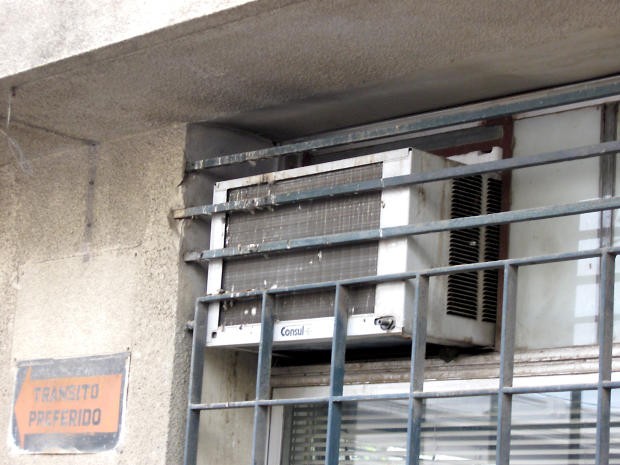 air con |
Ultimately, most Realtors strongly recommend hiring an experienced professional home inspector before buying a home in order to spot any issues that a homebuyer might miss. In addition, knowing what issues a home has before purchasing it can not only save you valuable time and money, it can give you a distinct advantage when negotiating the home’s sale price.
If you are looking to buy or sell a home in the Boulder, Colorado area please visit my website http://www.maryellenwood.com
You might also like
House Histories by Sally Light: Guide to Tracing Your Home Gen...House Histories by Sally Light is a helpful guide to tracing the genealogy of...
8 Tips for Home Buyers: How To Choose a Great PropertyHere are some things to consider if you're on the look out to buy a new or us...


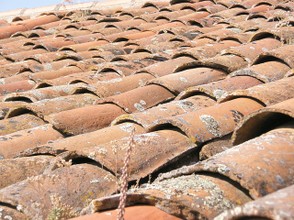
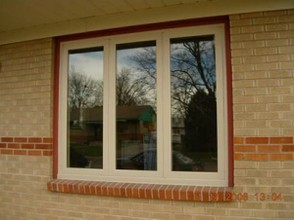
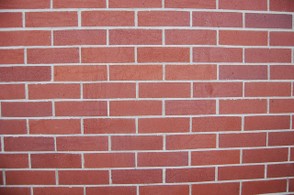
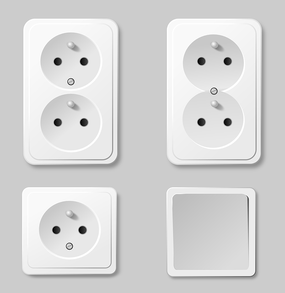
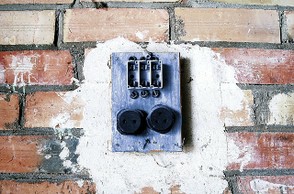
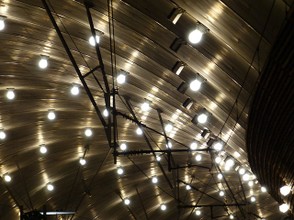




Share your thoughts
This is helpful - when i bought my house I neglected to check the plumbing, and after being driven mad by cisterns that would shut off, I had to spend quite a lot fixing them.